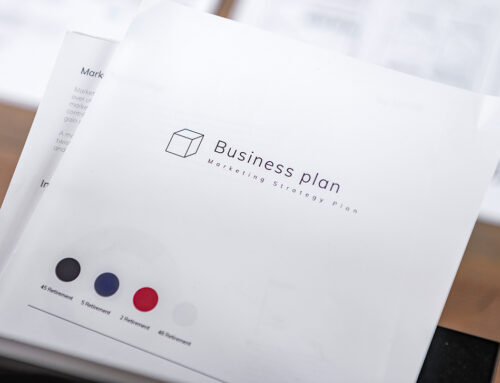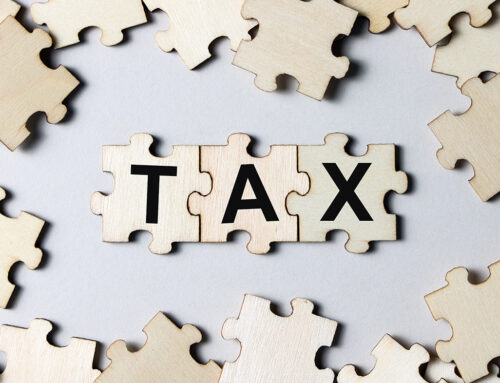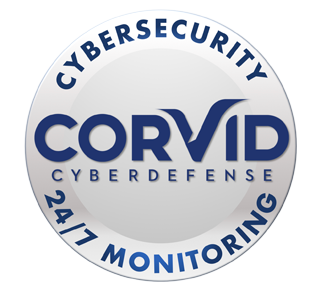 According to the US Census Bureau, there were 430,411 new business applications in January 2022.2 Starting a business sometimes comes with a learning curve that can trip you up, so it makes sense to get as many things as right as possible the first time. One important thing to address is your business tax setup.
According to the US Census Bureau, there were 430,411 new business applications in January 2022.2 Starting a business sometimes comes with a learning curve that can trip you up, so it makes sense to get as many things as right as possible the first time. One important thing to address is your business tax setup.
- Choose a business structure. The form of business determines which income tax return a business taxpayer needs to file. The most common business structures are:
- Sole proprietorship: An unincorporated business owned by an individual. There’s no distinction between the taxpayer and their business.
- Partnership: An unincorporated business with ownership shared between two or more people.
- Corporation: This is also known as a C corporation. It’s a separate entity owned by shareholders.
- S Corporation: A corporation that elects to pass corporate income, losses, deductions, and credits through to the shareholders.
- Limited Liability Company: This is a business structure allowed by state statute.
- Choose a tax year. A tax year is an annual accounting period for keeping records and reporting income and expenses. A new business owner must choose either:
- Calendar year: 12 consecutive months beginning January 1 and ending December 31.
- Fiscal year: 12 consecutive months ending on the last day of any month except December.
- Acquire an employer identification number. An EIN is also called a federal tax identification number and identifies a business much like a social security identifies a person. Most businesses need an EIN.
- Have all employees complete these forms (And check for others required for your business):
- Pay business taxes. The form of business you establish determines what taxes must be paid and how to pay them. There are five general types of business tax: income, estimated, self-employment, employment, and excise and you can read in depth about each type here.
Beyond business taxes, another essential element will be your business insurance coverage. When considering the type best suited for your business, consider how coverage for things like property damage, liability, injury, loss of income, and even life and disability could impact your growth and success. It’s rarely advised to run a small business without financial protection, and that means choosing the right small business insurance to meet those risks head-on.
It can be hard for new businesses to succeed. As your trusted financial partner, we’ll help you through the process or connect you with other professionals specializing in that area. Contact us today at (540) 720-5656.






















 Megan Jones joined the ILG Financial team in 2020 as marketing director. Megan and her husband live in Fredericksburg, VA with their German Short Haired Pointer, Gus. Megan is a graduate of Longwood University and holds a degree in communications. Megan is the oldest of Dave Lopez’s three children and not only enjoys working alongside her father, but also with her cousin, Chase, who joined the ILG Financial team in 2020 as an advisor. Megan is also a fully licensed Life, Health, and Annuity agent. When not at work, Megan enjoys sitting on the back porch with family and friends enjoying food and music.
Megan Jones joined the ILG Financial team in 2020 as marketing director. Megan and her husband live in Fredericksburg, VA with their German Short Haired Pointer, Gus. Megan is a graduate of Longwood University and holds a degree in communications. Megan is the oldest of Dave Lopez’s three children and not only enjoys working alongside her father, but also with her cousin, Chase, who joined the ILG Financial team in 2020 as an advisor. Megan is also a fully licensed Life, Health, and Annuity agent. When not at work, Megan enjoys sitting on the back porch with family and friends enjoying food and music. Chase Lopez joined the ILG Financial team in 2020 as an advisor. Chase is a 2016 James Madison University graduate with a degree in management. Chase has been trained under the tutelage of Dave Lopez, who is not only the founder and managing member of ILG Financial, but also is Chase’s uncle and godfather. He also enjoys working alongside his cousin, Megan, who is Dave’s daughter.
Chase Lopez joined the ILG Financial team in 2020 as an advisor. Chase is a 2016 James Madison University graduate with a degree in management. Chase has been trained under the tutelage of Dave Lopez, who is not only the founder and managing member of ILG Financial, but also is Chase’s uncle and godfather. He also enjoys working alongside his cousin, Megan, who is Dave’s daughter. Amy Anderson joined the ILG Financial team in 2023 as the client relations coordinator. Her responsibilities include scheduling of appointments, annual check-up notifications, and annuity and required minimum distribution assistance. She is a graduate of Harding University with a degree in Computer Information Systems. Amy and her husband have two children and she enjoys reading, crocheting, music and spending time with her family.
Amy Anderson joined the ILG Financial team in 2023 as the client relations coordinator. Her responsibilities include scheduling of appointments, annual check-up notifications, and annuity and required minimum distribution assistance. She is a graduate of Harding University with a degree in Computer Information Systems. Amy and her husband have two children and she enjoys reading, crocheting, music and spending time with her family. Jessica Carson joined the ILG Financial team in 2018 as an agent. Jessica and her husband have four children, two dogs, 3 barn cats, 5 chickens, and three parakeets. She indeed loves her children and pets! When not at work, Jessica enjoys playing the piano and cello as well as traveling and spending time outside with her family, hiking, fishing, and boating.
Jessica Carson joined the ILG Financial team in 2018 as an agent. Jessica and her husband have four children, two dogs, 3 barn cats, 5 chickens, and three parakeets. She indeed loves her children and pets! When not at work, Jessica enjoys playing the piano and cello as well as traveling and spending time outside with her family, hiking, fishing, and boating. Terri Center joined the ILG Financial team in 2019 as client services manager. She handles client records, application processing, and gathering information to provide a professional and friendly experience with all of our clients. Terri is a graduate of Oakland University. She is married and has two children. She enjoys hiking, family time, and puzzle challenging video games. She also likes to share her creativity in her canvas paintings and sewing projects.
Terri Center joined the ILG Financial team in 2019 as client services manager. She handles client records, application processing, and gathering information to provide a professional and friendly experience with all of our clients. Terri is a graduate of Oakland University. She is married and has two children. She enjoys hiking, family time, and puzzle challenging video games. She also likes to share her creativity in her canvas paintings and sewing projects.